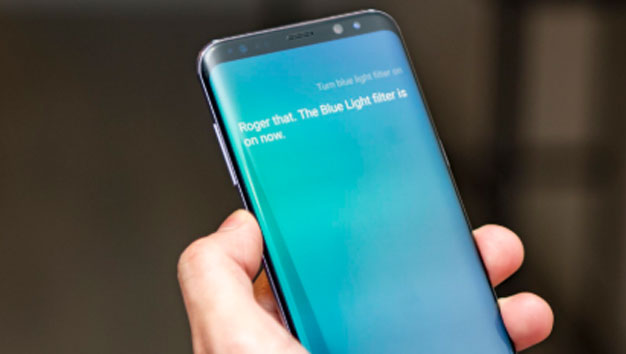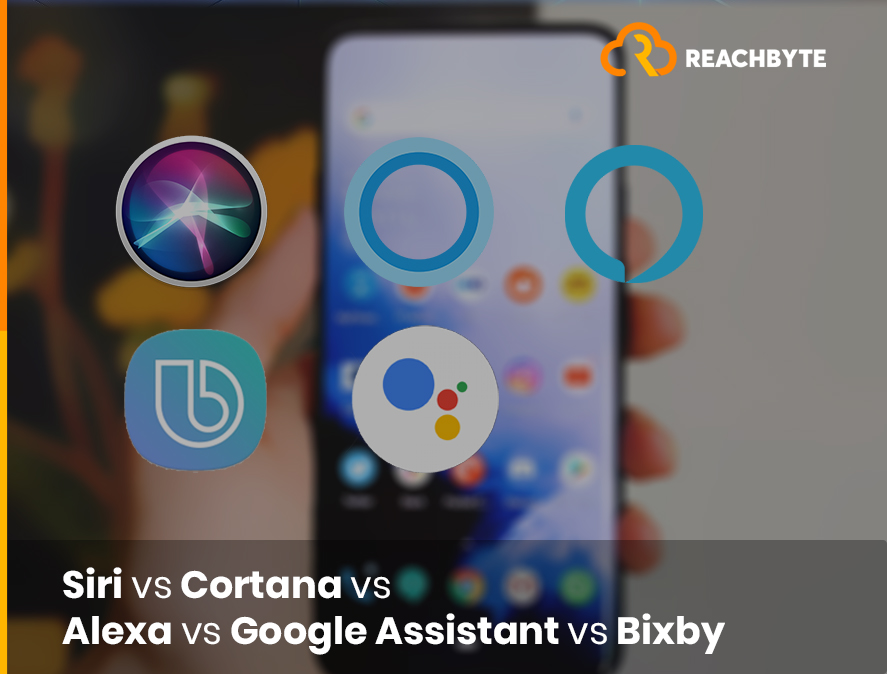“It is hard to keep track of your schedule, grocery list, special occasions, and the never-ending to-do list.” Now, that is a statement every millennial relate to. Especially when you are struggling to maintain a personal and work-life balance. If organising and planning isn’t your forte, the chances of forgetting to pick up groceries on the way home and having to order dinner, and end up being broke half-way through the month are high.
Won’t it be easier and a lot less exhausting if there was someone to do all this for you? Someone who will remind you to go to that party on Sunday or pick up your laundry. No. We are not talking about your mom. We are suggesting a personal assistant.
In the past, personal assistants were a luxury only businessmen and film stars could afford. But, technology has brought it to the layman in a digital form. The first form of virtual assistant was introduced in 1994 by IBM. But, Apple is a pioneer in this game as they introduced the first modern digital virtual assistant – Siri.
Siri is a virtual assistant or intelligent personal assistant or AI. A virtual assistant is a software in the smartphone or computer that acts as a personal assistant and can perform tasks like an individual. Since then, there have been many virtual assistants in the market. The most popular ones are Cortana, Alexa, Google Assistant, and Bixby.
| Siri | Cortana | Alexa | Google Assistant | Bixby | |
|---|---|---|---|---|---|
| Initial release date | 2011 | 2014 | 2014 | 2016 | 2017 |
| Works best in | Apple iOS devices – iPad, iPhone and iPod Touch | All Microsoft devices | Amazon Fire tablets, Fire Sticks, & the Echo devices | Google apps, Chromecast, Google Home, & other Google devices | Samsung devices |
| Doesn’t work well with | Gmail | YouTube | YouTube | Works well with all third-party apps | Started working with third-party apps in 2018. |
| Internet connection | WiFi or Mobile data | WiFi or Mobile data | Only WiFi | WiFi or Mobile data | WiFi or Mobile data |
| Ways to interact | Type out and voice commands | Type out and voice commands | Type out (in Silent Echo) and voice commands | Type out and voice commands | Type out and voice commands |
Let’s take a closer look to see what you can and cannot do with the help of each of these virtual assistants.
Here is a bunch of tasks AIs can do for you.
- Can wake you up on time
- Make calls (useful during driving)
- Tell you what time it is
- Identify the track playing in the car
- Pull up all the songs of your favourite artist
- Make reservations
- Launch other apps on the phone
- Read emails and find specific emails as per sender or date.
- Perform calculations
- Navigation
- Take notes
- Send messages and read text messages
- Give news updates
- Post to social media
- Track flight and packages
- Perform conversions
- Find fun facts.
- Check weather
Siri
As the first ever virtual assistant with a human-like voice, Apple set a benchmark years ago. And, they keep adding new features to improve the user experience. It responses to the wake word ‘Hey Siri’. Just like all the digital assistants in the market, Siri can perform web searches. But it uses other web services to gather information which makes the search results better in quality. Siri is excellent in setting reminders. Once you give the command to set a reminder, it will be automatically replicated to all your iOS devices.
Pros
- Easy to use
- Can activate low power mode
- Enable do-not-disturb mode
- Non-English language options
- Entertaining
Cons
- Sometimes, Siri doesn’t understand accents or voice modulations. Speaking too fast might not get you the result.
- It works only on iOS devices.

Cortana
Cortana is probably the most used digital assistants considering that it is integrated to Windows 10. It provides a lot of passive information along with the tasks you assign. Cortana is accustomed to understand and follow the colloquial language. As it is powered by Bing, if you ask a question that she doesn’t know the answer, it will perform a Bing search for it. Cortana is keen on asking for specifications in the tasks you assign and asking for confirmation before doing it.
Pros
- Can analyse your speech and customise her language.
- Good pronunciation
- Fast
- Features can be turned on and off as per the user’s preference.
Cons
- Your default search engine will be Bing.
- Some of the requests might be passed over to Bing inaccurately such as ‘open calculator’.
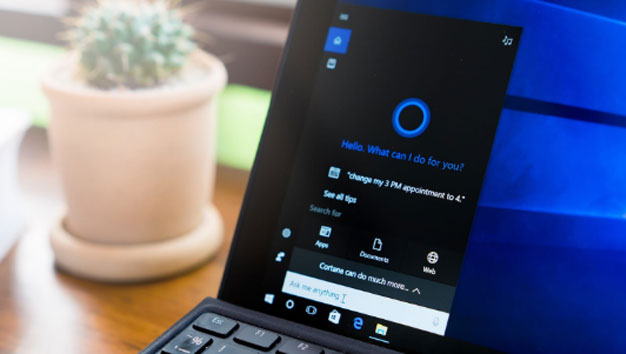
Alexa
Alexa is different in outlook from its competitors due to its hardware which is not a tablet. Alexa devices can be synced with other devices – personal and home appliances and perform most of the tasks that other AIs can. Alexa has the ability to communicate with your family members via phone, text, or email with its ‘Ask My Buddy’ feature. These contacts will be installed during the initial setup of the device.
Pros
- Best AI for household
- User-friendly
- Voice training feature that lets Alex respond to all family members.
- Flawless Bluetooth pairing.
Cons
- Can’t send a text message or email using voice command.
- Web search results for general questions regarding health or hobbies might not get quality results.
- The initial installation process has to be done by an expert.
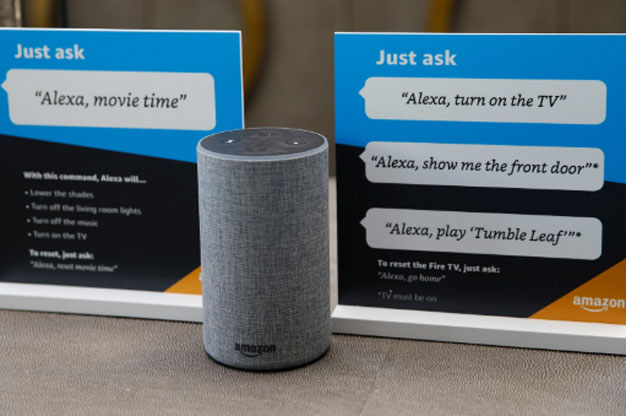
Google Assistant
Google Assistant was launched years after Siri, but it has the advantage of being present in Android and iOS devices alike. It answers to the wake word ‘OK Google’. It is so far the smartest in understanding the context of the commands. It complies by delivering the most accurate response as well. It has the easiest presence in techtown considering that Google is used by the majority of the population. It also outsmarts its contemporaries in video streaming.
Pros
- Can identify different voices
- Good sound quality
Cons
- Some features aren’t available in all countries.
- Launch phrase isn’t customisable.
- Can’t follow the user’s voice from a distance.
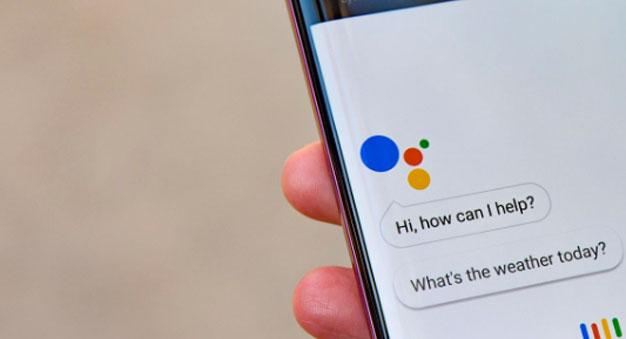
Bixby
Samsung’s Bixby is the late one to the party. But, that hasn’t stopped it from being over enthusiastic to win over the market. Samsung is adding more features to Bixby way quicker than its competitors. Along with the usual tricks, Bixby can perform some fancy tasks for you. For instance, it can edit your photographs. The newly added feature called Bixby Vision makes the best of augmented reality. It can help you try on makeup products, translate texts to foreign languages. You can even count the calories that a plate of food just by pointing your phone’s camera to it.
Pros
- Fancy features
- A hardware button on the side of the device to bring up Bixby
Cons
- Limited language support.
- Sometimes fails to provide direct answers and comes up with web searches.
